Ramadan Fact Sheet for Non-Muslims and Converts Who are New(er) to Islam
Faith
|
Apr 23, 2020
|
4 MIN READ
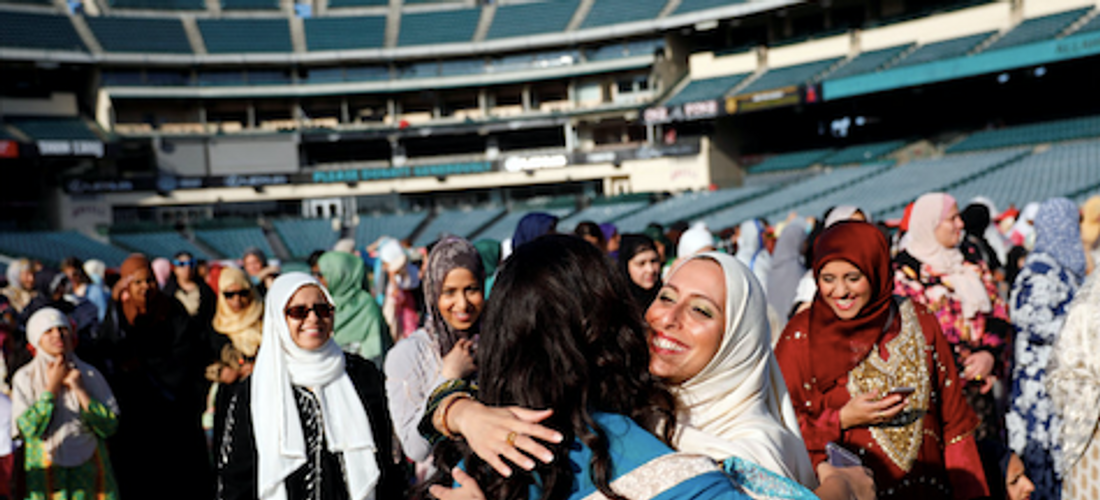
Salaams and hello all! We know for those who are not Muslim, you may have questions about Ramadan and how it all works. Those of you who are new or recent converts to Islam may have questions as well! A few years ago CNN put out this great comprehensive and friendly guide for non-Muslims looking to improve their Ramadan etiquette. Well, we have a few more things that would be helpful for you to know!
Some of this info is for non-Muslims, some for those of us who are Muslim but perhaps have questions about how things work in Ramadan! We hope this is helpful for you all!
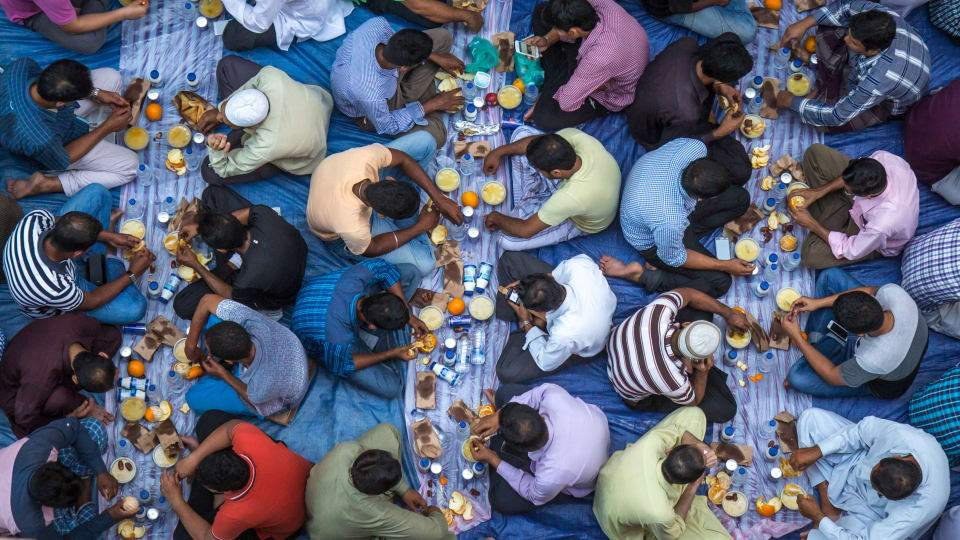
1. To answer your burning question: What IS Ramadan? It’s the ninth month in the lunar calendar observed by more than a billion Muslims around the world. It entails fasting from dawn until sunset, praying for long hours into the night, and going into overdrive with good deeds and charity. In short, we deprive our bodies (for just a few hours at a time) and feed our souls!
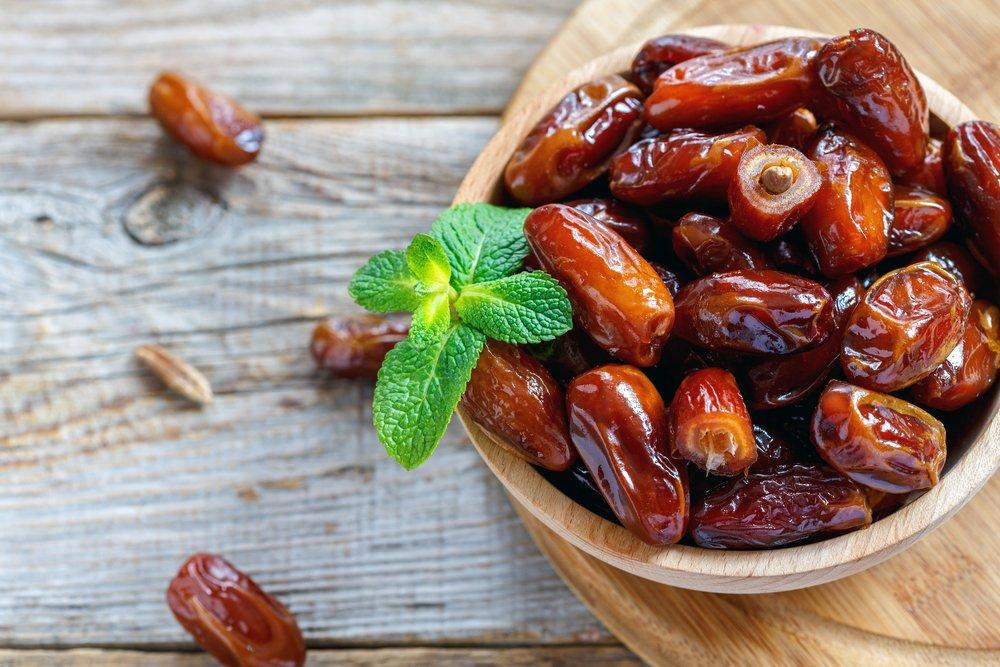
2. You know why your friend is hungry this time of the year. It’s already been mentioned, but just in case you missed it; Ramadan is known for being the time when Muslims abstain from food and drink and physical intimacy from the hours of sunrise till sunset. This doesn’t mean EVERY Muslim fasts, though; children, the elderly, those with certain disabilities or chronic illness, travelers, anyone who is sick, plus pregnant, menstruating, and breastfeeding women are exempt. Fasting is meant to be challenging, but if you are new(er to Islam and struggle with fasting, you should seek guidance and ease your way into it.
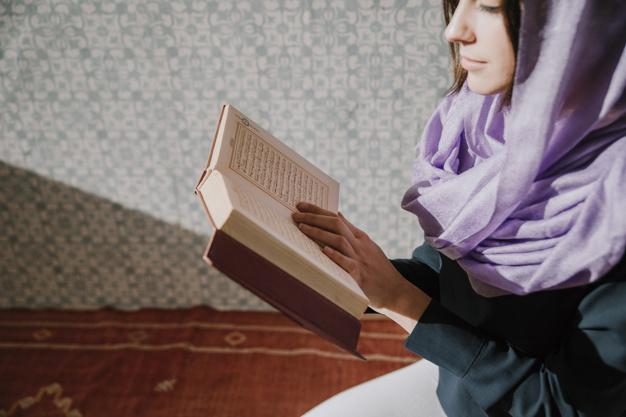
3. Your friend might be reading Quran a lot! If you see your friend (or you yourself are) hunched in deep concentration over the Quran (Muslims’ holy book), it’s because the Quran was revealed to our Prophet Mohammad (S) during this blessed month, so reading it takes on added significance. The actual day on which the Quran was revealed, called Laylatul Qadr, is unknown but believed to have occurred during one of the odd-numbered nights in the last 10 nights of the month.
That is why the last 10 days/nights of Ramadan are so important, and Muslims are encouraged to especially lean into their worship during the last 10 days. Worshiping on the night of Laylatul Qadr is deemed to be better than worshiping for one thousand months because of its auspiciousness and blessings.
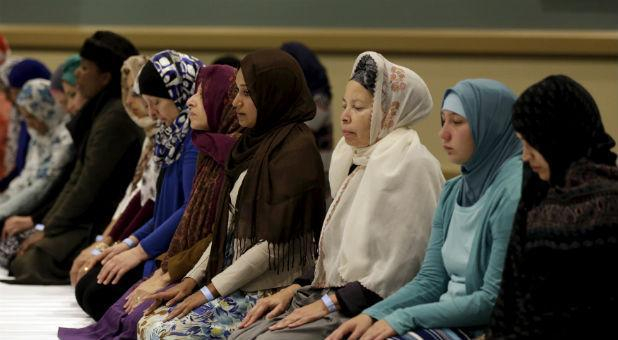
4. Ramadan is also a time of immense worship. In addition to the five daily prayers, Sunni Muslims observe tarawih (also spelled taraweeh) prayers after the fifth prayer of the day, isha. Tarawih prayers, in which an entire juz (chapter of the Quran) is completed every night during prayer, are considered optional. They are prayed in pairs of two rakat, which are prayer cycles, well into the late hours of the night. Tarawih prayers can go up to 20 rakat, so if your friend/coworker looks a little bleary-eyed at work meetings, you know it’s because she was hard at worship the night before!
This year, with most of us doing our Ramadan in quarantine and most mosques closed, tarawih prayers will have to happen at home, and we have laid out how to do just that! Salatul Jumu'ah (Friday) prayers are also happening at home, and here is guidance on how that works!
5. Ramadan is a time to get rid of bad habits and work to be better people. Of course, your Muslim pal is already super sweet, but she seems to be extra nice and forgiving this particular time of the year, doesn't she? ;) Muslims believe that in Ramadan, the gates of Hell are locked and gates of Heaven are wide open. This signifies God's mercy being at an all-time high, so we try and get more good deeds and acts of mercy in our day to days. In fact, any good deed that a Muslim does gets multiplied by 70 in this holy month!
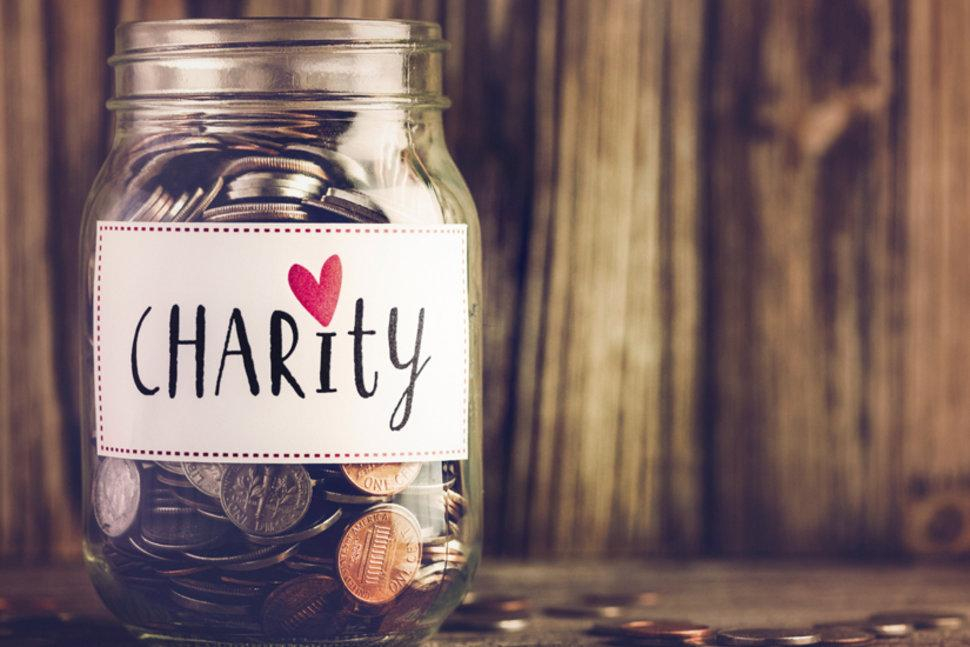
6. There is an emphasis on being more charitable! Seeing a significant uptick in charitable giving posts by your friend on her Facebook timeline? As Muslims are encouraged to follow the example of the Prophet Mohammad (saw), also called the sunnah, they emulate his heightened generosity during Ramadan. In this way, they significantly increase charity to the needy and poor, as well as donations to their mosques and relief organizations around the world.
Even as you find yourself at home, this is a great time to engage in charitable giving. There are SO MANY wonderful campaigns and organizations doing good work that need your help. Even giving just a little helps a lot.
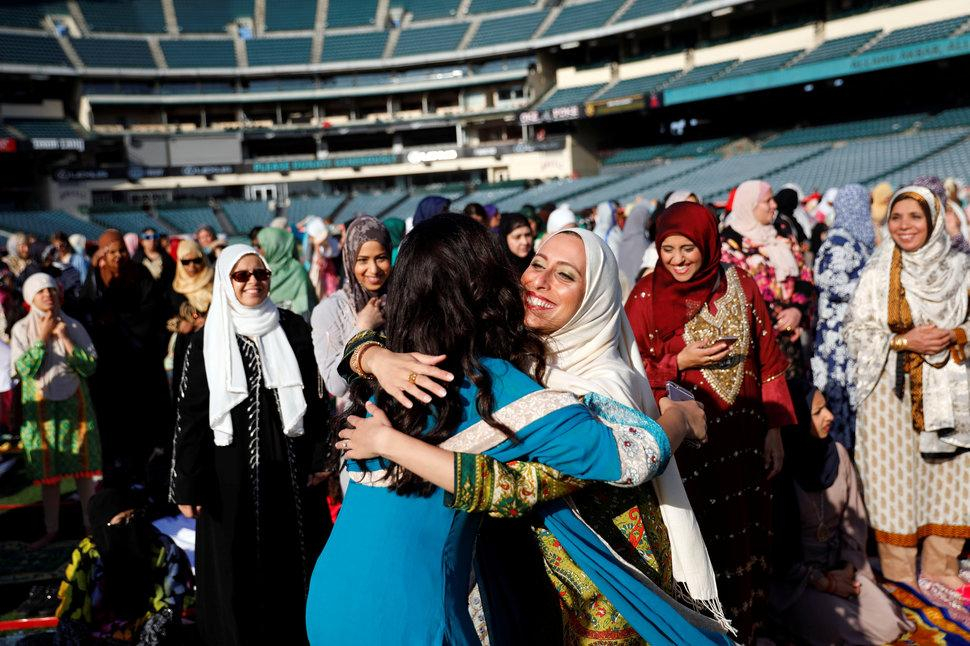
7. We celebrate with Eid at the end of Ramadan! Your friend's hard-earned fasts and good behavior give way to a grand celebration at the end of the month: Eid-al-Fitr! This is when she’ll take a day off work and school and hang out with friends and family as they eat all day, get stylishly decked out, and enjoy the general mirth and merriness of the day. And yes, you’re invited, too! Her mom would love to have you over for chai and samosas as they all celebrate the end of yet another wonderful Ramadan together.
Even though most of us will be at home for Eid this year, Insha'Allah the celebrations will still happen right where we are. So dress up for Eid right and celebrate with friends/family via FaceTime or a Zoom meet-up. If you are new(er) to Islam and don't know any Muslims, reach out to us at hello@hautehijab.com or through Instagram (@hautehijab) or Facebook, and we will be more than happy to help you make connections so you don't feel alone!
Ramadan Mubarak/Mabrook/Kareem everyone!
Find this post useful? Share with all your friends and coworkers! You'd be surprised how many questions they may still have! Do you have any questions about Ramadan? Share them in the comments below and we'll answer them all!
Subscribe to be the first to know about new product releases, styling ideas and more.
What products are you interested in?

